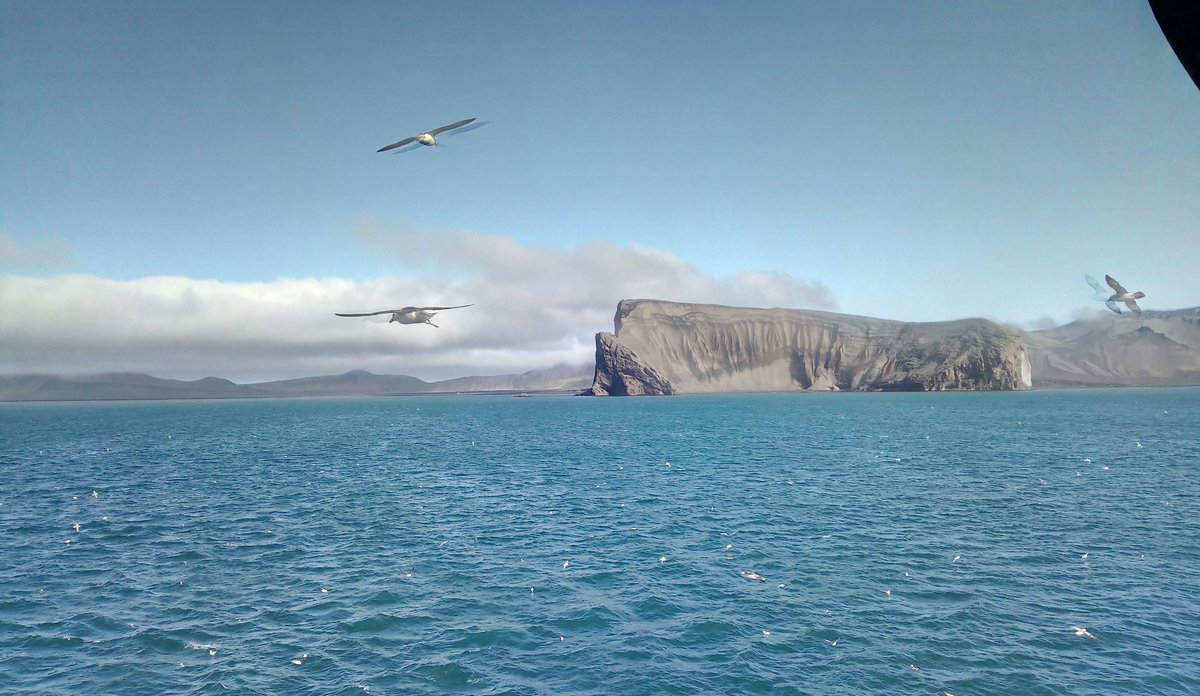Research cooperation between Portugal and Norway makes perfect sense

Both Portugal and Norway have pristine waters subject to increased human footprint. Here is the volcanic island of Jan Mayen. (Photo by Harald Næss / IMR)
Photo: Harald Næss / HavforskningsinstituttetPublished: 03.04.2025
Norway and Portugal both count themselves as ocean nations with a proud marine and maritime history. When the Norwegian Prime Minister established the High Level Panel for a Sustainable Ocean Economy in 2018, Portugal was the only other European nation that was invited. Portugal in turn hosted the second United Nations Ocean Conference in 2022.
At the present time the two nations face many similar challenges and opportunities. Both have a very extensive Exclusive Economic Zone and Extended Continental Shelf all the way to the Mid-Atlantic Ridge. While there are big differences between the accessibility and human activities at Madeira and the Azores on one hand and Jan Mayen on the other hand, both ocean areas are similar geographically. Both are also pristine, partly poorly known, subject to climate change effects and plans for increasing human activities.
A similar comparison may be made between the coastal areas of Portugal and Norway. Both are heavily fished and exposed to rough weather conditions. And in both areas there are ambitious plans for offshore wind which for the most part and in contrast to other European nations will have to be floating because of the rapidly increasing water depth.
All of this and more, including the common interest in sustainable seafood harvesting, aquaculture and food security, and concerns about cumulative impact for human activities, are good reasons for particularly close cooperation.
The Portuguese Institute for the Ocean and Atmosphere (IPMA) and the Institute of Marine Research collaborate on a range of topics including also oceanographic data collection and modelling. In addition, the two institutes have very similar roles in relation to the government in the two countries with the exception that IPMA covers a wider range including the atmosphere and the seafloor.
For more than 10 years IPMA and IMR have had a Memorandum of Understanding (MoU) giving impetus to active collaboration. The MoU has recently been renewed and a new joint work program has been developed. With support from an EEA grant, an IMR delegation visited IPMA in Lisbon in November 2024 and during a return visit 12-13 March an enthusiastic group got together in Bergen to elaborate plans.
Now we are well positioned for future collaborative projects, promoting the sustainable blue economy in both countries and contributing to the objectives of the Decade of Ocean Science for Sustainable Development.

